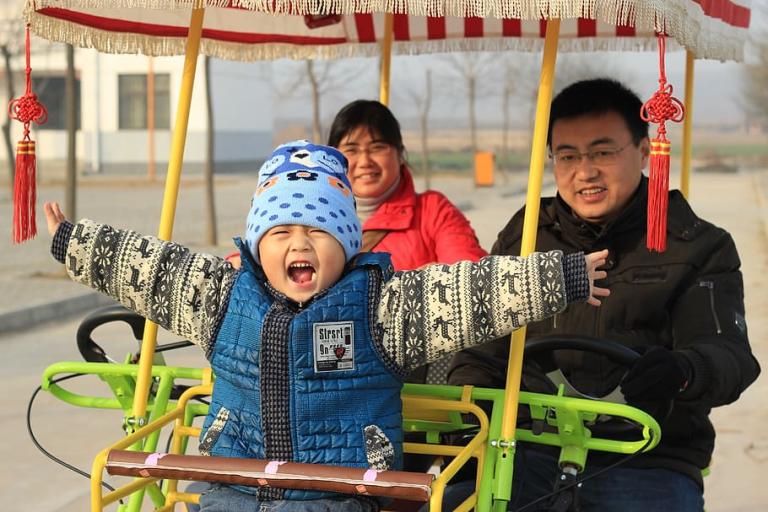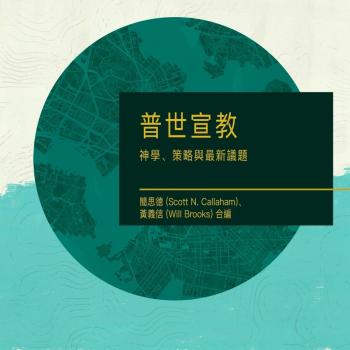If ever there were an article that illustrated honor-shame, collectivist thinking, I think this is it.
According to several outlets (CNN, Reuters, NY Post, etc.), China is now considering a new law where parents could be punished for their children’s bad behavior. No, this is not a joke or parody.

This is a law that only kids (and the Chinese Communist Party) could have dreamt up. Recently, for example, Reuters says the Chinese Ministry of Education
“cut back on homework and banned after-school tutoring for major subjects during the weekend and holidays, concerned about the heavy academic burden on overwhelmed children.”
The bad news, from the kids’ perspective, is that the Chinese government also limited the number of hours that children can play online video games, calling it “spiritual opium.”
This is not the first law of this sort that China has enacted. In 2013, Chinese officials passed the “Elderly Rights Law,” which mandates that older children visit their elderly parents. The law even adds, “Those who live far away from parents should go home often.”
[And before you’re too quick to criticize the law, just remember the Bible lists somewhat similar regulations and punishments for the ancient people of Israel (e.g., Exodus 21:12-17; Deuteronomy 21:18-21; 27:16; among others)].
The Collective Logic of Chinese Law
My goal in this post is not to critique the proposed legislation. Instead, I want to shine a light on its underlying logic. Most Western individualists don’t have mental categories to make sense of the government’s rationale. From a (hierarchical) collectivist perspective, the move has a certain logic to it.
First, like many other traditional cultures, “family” is the fundamental metaphor or paradigm through which Chinese see everything. In fact, the word for “country” (guojia, 国家), essentially translates “kingdom family.” Government leaders see themselves as parents to the nation. Such thinking goes back at least to Confucius. The home is paradigmatic for social life. One even calls older strangers “Auntie” and “Uncle.”
Furthermore, social collectivists understand well that “there is no me without we.” A person’s identity not only consists in their uniqueness; it also stems from the various ways they are like other people. These similarities could include gender, ethnicity, hometown, etc. People are unique only inasmuch as they have different degrees and combinations of sameness.
While Americans might see the truth in this point, many will nearly want to vomit at its implications. In part, what this means is that our ways of thinking, habits of behavior, interests, values, and moral decision-making are all products (to some degree) of our social environment. Culture and community do not alleviate a person from responsibility for their actions; however, they have a significant impact on an individual’s life.[1]
China is One Big Family
National and social health are linked to the well-being of families. (In essence, the nation is perceived as “extended family.”) Therefore, what goes on in the home is no private matter. Negligent mothers and fathers bring harm to the larger, national family when they fail to train their children properly.
What then should the nation’s parents (i.e., government officials) do when their children (adult citizens) misbehave (i.e., by their poor parenting)?
Make laws and punish offenders. From the perspective of civic leaders, they have a responsibility to protect their younger children from neglectful adult guardians. The legislation is an act of caring on the government’s part.
(Children are normally taught to love their parents, right? So, it’s also not surprising that “The bill would require parents or guardians to teach their children to “love the party, nation, people and socialism,” writes The Independent.)
This is the internal rationale that makes such laws possible. “I am you. You are me. We is me.” As noted above, this idea is both true and false. Whereas individualists debunk anything that contradicts the doctrine that “I am me,” collectivists disregard the uniqueness of individuals.
Both extremes are problematic.
[1] To give context, in America, those who lean left emphasize the effect of social/structural factors on a person’s behavior. So-called “conservatives” on the right lay heavy stress on individual responsibility to the point that the reality of systemic evil is sometimes minimized.












